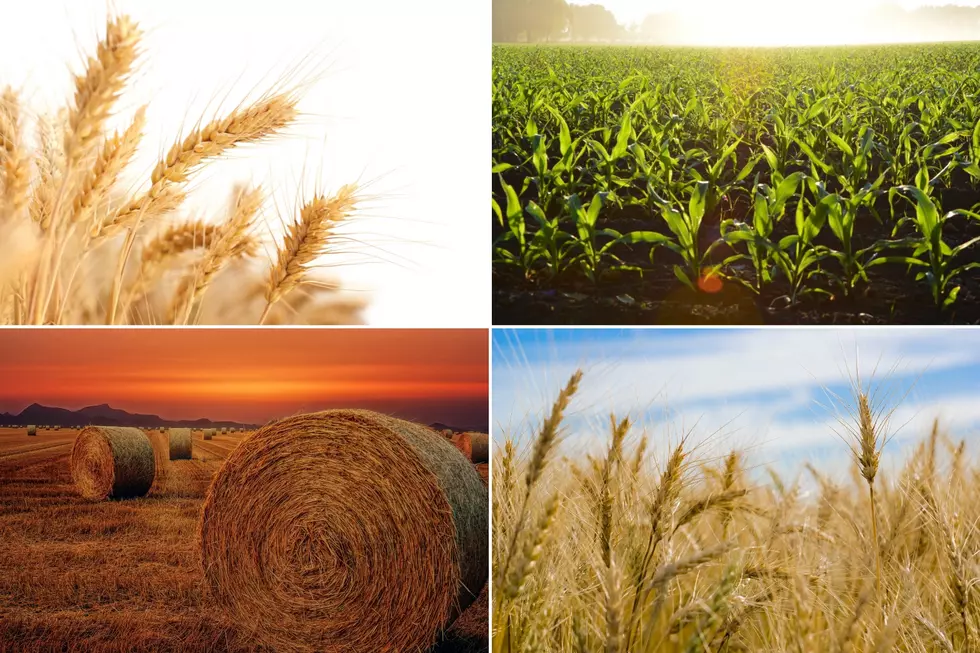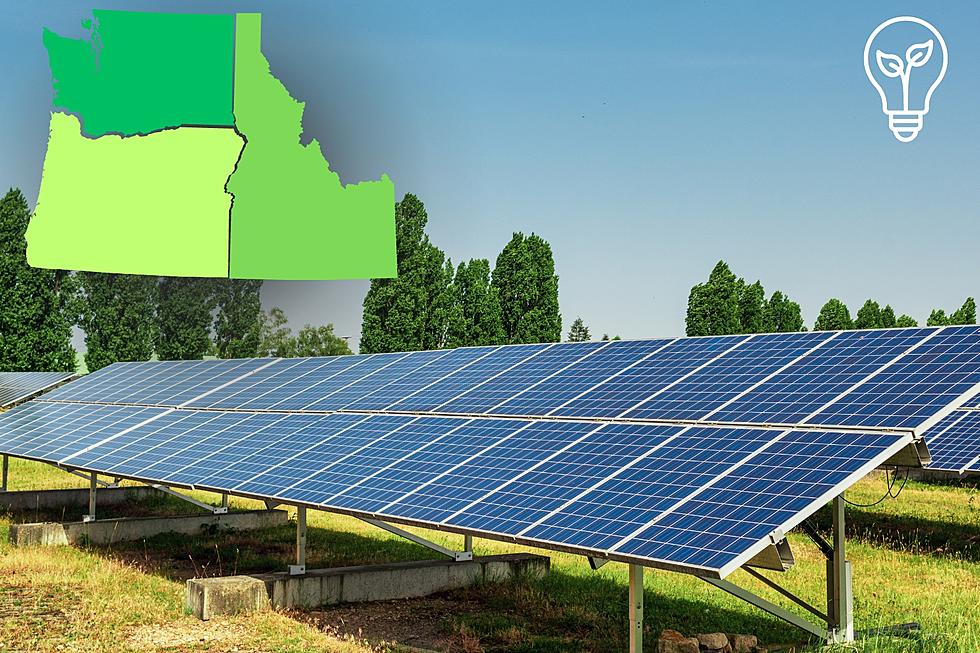WSU Researchers Continue Efforts To Address Smoke Exposure
As intense wildlife smoke becomes a more occurrence during our summers here in the Pacific Northwest, researchers at Washington State University are looking into the impacts on wine grapes and how to mitigate those effects. Assistant Professor of Viticulture and Enology Tom Collins said it's important to understand the problem.
"We need to have solutions; things we can do in the vineyard that try to minimize the extent of the problem and then practices that we can use on the winery side to reduce the extraction of these compounds during winemaking and to help clean up wines that do have the problem."
Collins noted projects they are currently conducting at WSU include installing air quality sensors at vineyards, laboratory experiments where grapes are exposed to smoke, and potential interventions such as using a barrier spray to protect the grapes. Collins said they are looking at things like length of exposure, density and several other factors.
"Things like understanding the role of the fuel source. Does it matter what's burning to create the smoke? We've been able to show that the fuel source plays a role in how the outcome is in grape and wine quality."
Collins noted as the research continues the results will be ongoing, with data from the early season trials expected in the coming months. He noted WSU’s efforts are part of a larger project that is also being studied at Oregon State University, in California and at the USDA among others.
If you have a story idea for the PNW Ag Network, call (509) 547-1618, or e-mail gvaagen@cherrycreekmedia.com
More From PNW Ag Network









